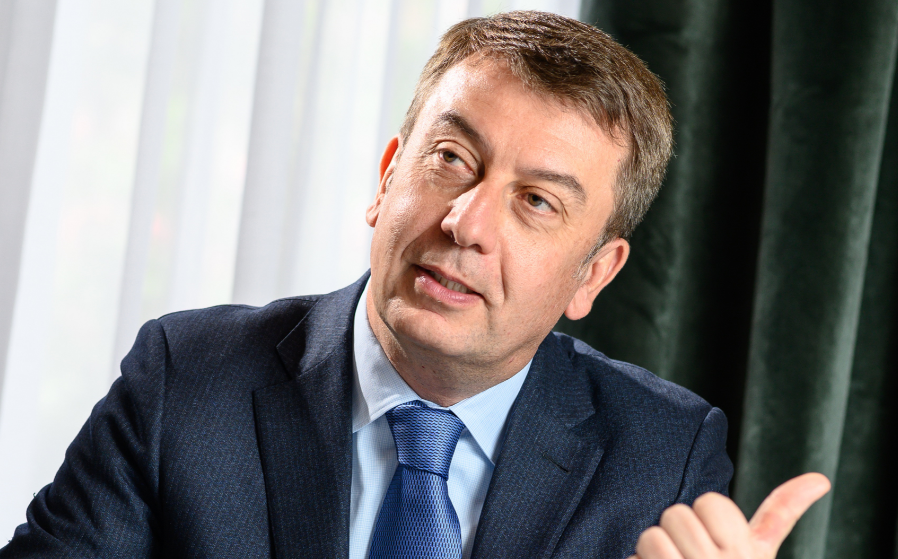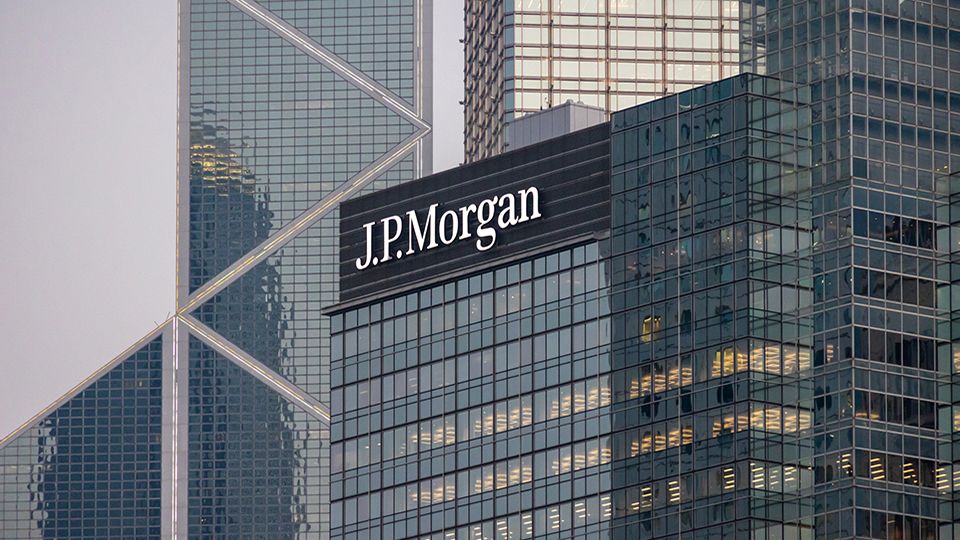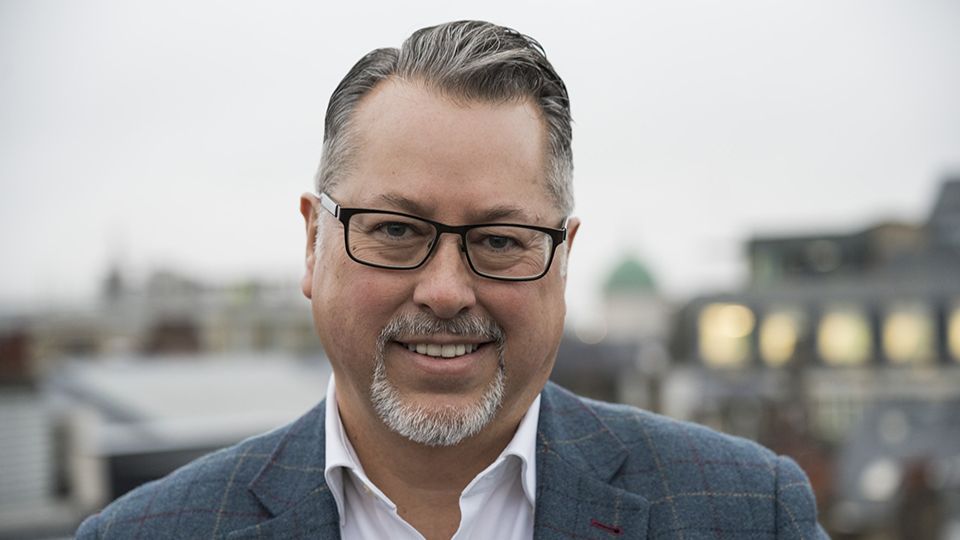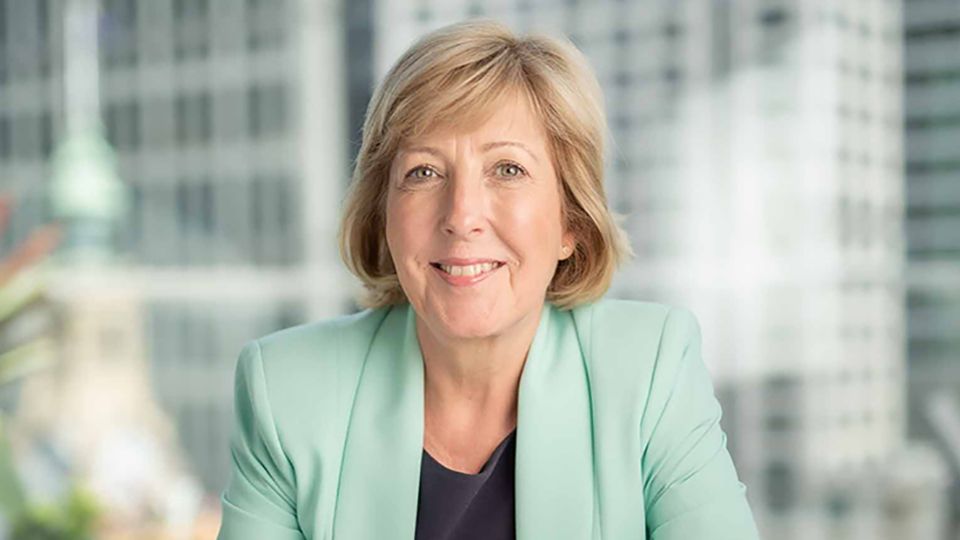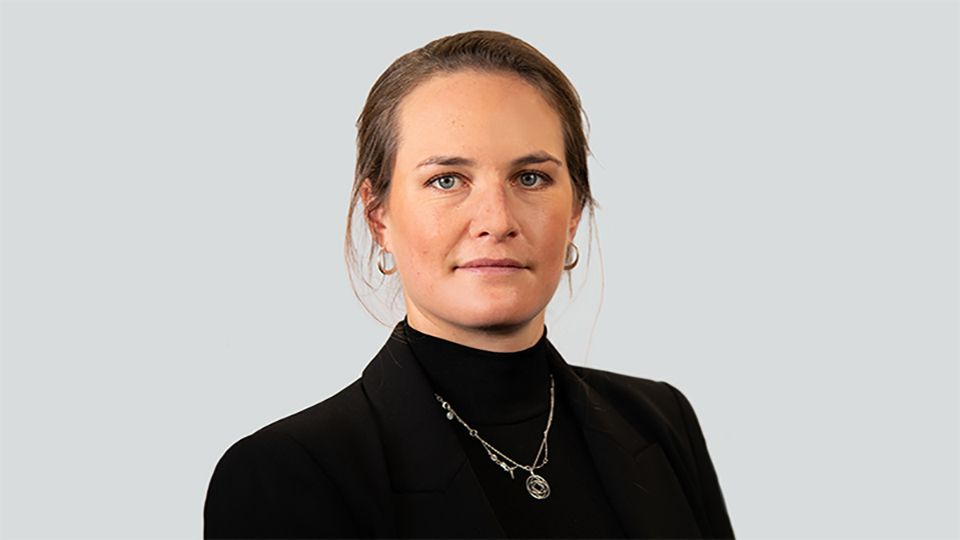Lombard Odier is wary about integrating ESG ratings provided by third-party providers, as they may not provide much value to investors who are interested in sustainable products, according to Stephane Monier (pictured above), chief investment officer for private banking at Lombard Odier.
In a webinar conducted by the firm, Monier explained that these ESG scores are backward looking.
“ESG scores are giving you, at best, the current situation of those companies, or a situation that was reported a few months ago.
“So if you invest in a firm with a high ESG score, you would tend to reward businesses for what they have already done, not what they would do in the future,” he said.
While he acknowledges that there is “some value” in owning companies that have high ESG scores, in the context of sustainability, it does not really help with the transition to a more sustainable economic model.
For its sustainability investments, Lomboard Odier does not make use of third-party ESG scores, but instead makes use of a proprietary model that selects companies that are constantly improving on their ESG practices.
“If you want to help in climate transition, for example, I think you would want to invest in companies that are going to reduce most of the carbon emissions. So these might be companies that are currently emitting a lot of carbon, but have taken a policy of reducing those emissions in the future.
“We have built some tools in order to identify which companies we should invest into, not in terms of their current situation, but their trajectory going forward,” Monier said.
For example, the firm has a “Paris agreement temperature alignment tool” that allows it to measure whether a company will be able to improve on their carbon emissions in the future.
“Businesses that are emitters but have a clear path toward the Paris alignment will be champions of the transition to a sustainable economy, as they will largely contribute to the decarbonization process. We are also convinced that businesses that will contribute the most to the transition will also generate superior financial returns for our clients.
“Meanwhile, companies that have already kept their emissions and are part of the low emitting sector are not that ones who will make a huge difference moving forward.”
Sustainability is one of the firm’s key investment themes for 2021, according to Monier. Lombard Odier favours companies that provide sustainable solutions, as well as those that are developing new technologies and products to curb high carbon dioxide emissions.

